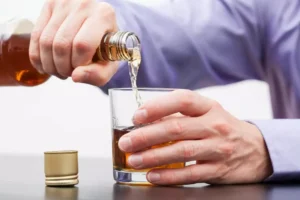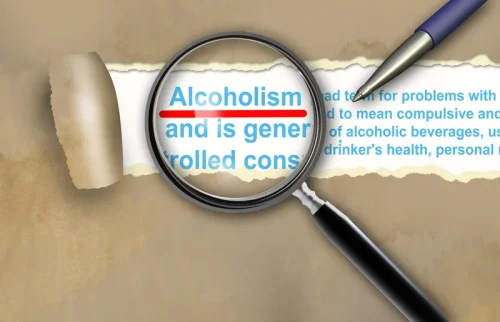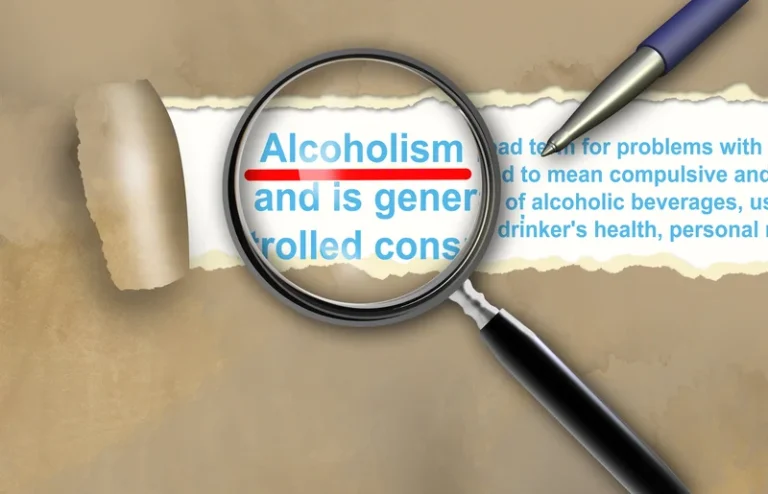
It is rare that someone would go to treatment once and then never drink again. More often, people try to quit or cut back over time, experience recurrences, learn from them, and then continue on their recovery journey. For many, continued follow-up with a treatment provider is critical for overcoming alcohol problems. The provider can help adjust the treatment plan and aid long-term recovery.
- There are many opportunities to participate in a variety of ways.
- If your friend is in a bind – whether they need money for rent or a place to stay – it is only natural to want to step in and help.
- A health care provider can look at the number, pattern, and severity of symptoms to see whether AUD is present and help you decide the best course of action.
- This guide is written for individuals—and their family and friends—who are looking for options to address alcohol problems.
- The newer types of these medications work by offsetting changes in the brain caused by AUD.
Alcohol Withdrawal

For one, drinking alcohol more frequently or having larger amounts can cause hangovers. Long-term alcohol use also often leads to tolerance, when a person needs to drink more to get the desired effect. For example, a person might have started feeling more relaxed after just one glass of wine. As time goes on, however, they might find they need two, three, or more glasses of alcohol to get the same feeling. Untreated mental conditions like depression or anxiety and an overactive nervous system can increase the need for a sedative, including alcohol. Combining alcohol and other substances amplifies the risk of both alcoholism and serious consequences.
Decide whether to involve their family
See the Navigator’s summary of five signs of quality alcohol treatment. alcohol addiction help See 10 recommended questions to ask therapists in Step 2. They will help you learn whether a therapist offers higher-quality care and is a good fit for your situation. Keeping a drinking diary can help make people aware of how much they consume and how it makes them feel.

Find health care or support

Even when your loved one is committed to changing, it can take several rounds of treatment before they truly stop. After the first attempt, the next step you might take is an intervention. Alcohol use disorder (AUD) affects both the individual with the condition as well as others in their life, including their loved ones and families. Alcohol use can take a toll on the family’s dynamic, mental and physical health, finances, and overall stability. Treating alcoholism isn’t easy, and it doesn’t always work the first time around. Often a person has been contemplating abstinence for some time, yet couldn’t get sober on their own.
During detox, a person abstains from drinking and experiences the symptoms of alcohol withdrawal. Detox should happen in a controlled environment under medical supervision because alcohol withdrawal symptoms can be dangerous and distressing. In a rehab center, a person can benefit from medical guidance and counseling as they undergo withdrawal, all while avoiding the risk of relapse. Once someone finishes detox, they will be ready to start other forms of treatment.
People with alcohol use disorder don’t drink in moderation, even if they say they’re only having one drink. Your health care provider or counselor can suggest a support group. If you’re a heavy drinker, you may need to wean off alcohol to let your https://ecosoberhouse.com/ body adjust. If you’re experiencing severe symptoms of alcohol withdrawal, be sure to talk to a healthcare provider. In many states, insurance companies and Medicaid now cover “telehealth” services.

- As time goes on, however, they might find they need two, three, or more glasses of alcohol to get the same feeling.
- On the other hand, binge drinking is generally defined as four drinks for women and five drinks for men within a two-hour period.
- The NIAAA Alcohol Treatment Navigator® cannot ensure that the search process will deliver higher-quality treatment providers in your vicinity who are using evidence-based approaches.
- Try not to allow your loved one’s behavior to dictate your own health and happiness.
Alcohol withdrawal encompasses a variety of symptoms that arise when a person who regularly drinks alcohol suddenly stops drinking altogether or begins to drink less. Adults who binge drink or suffer from alcohol addiction are most likely to suffer withdrawal. The symptoms of withdrawal will vary in severity from person to person, with the most severe symptoms afflicting those who drink the heaviest. Discover how treatment methods like biofeedback, medication, and 12-Step groups can create positive change. Contact a treatment providerto discuss available options today.
How much alcohol is okay to drink?
If a person experiences alcohol withdrawal symptoms, it can create a cycle of heightened anxiety and increased alcohol misuse. While alcohol might feel like a solution in the short term, this drinking behavior comes with many problems. When people use alcohol to relieve symptoms of a mental health condition, it can quickly become a “crutch.” Sometimes, people turn to alcohol or other substances to help them hide from their problems or cope with symptoms of mental illness.